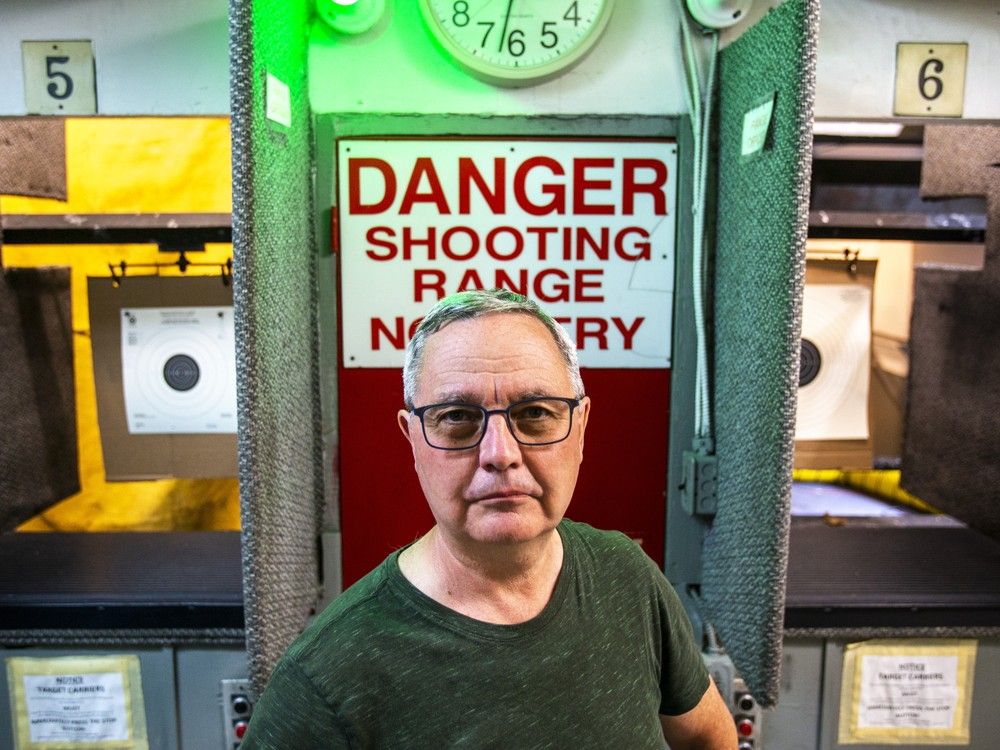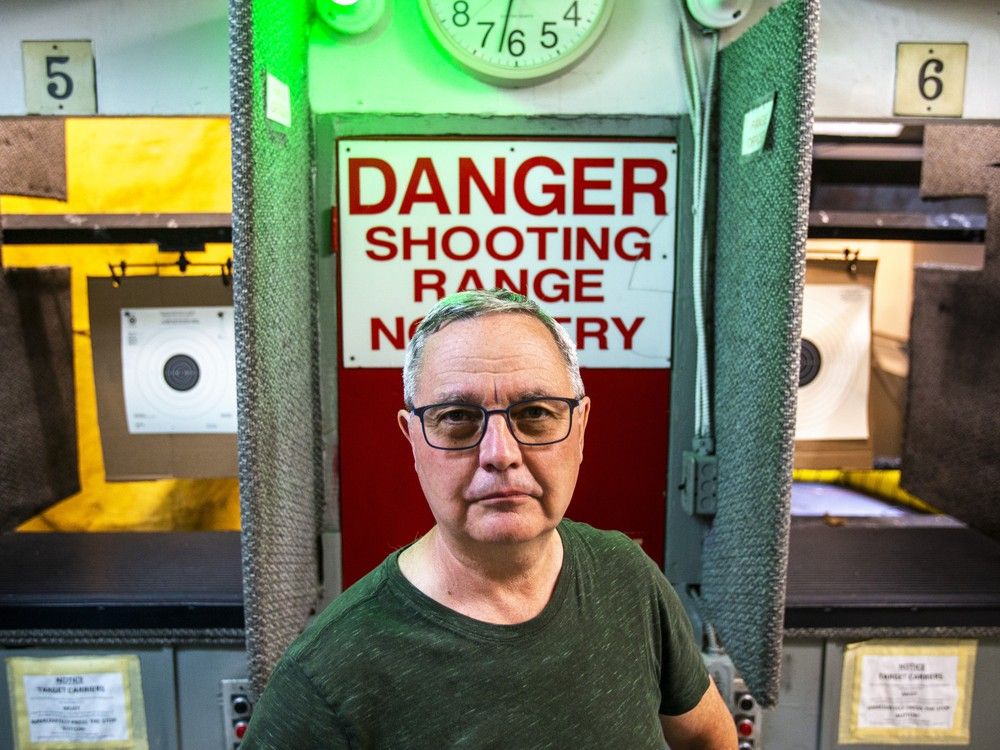
Toronto’s last shooting range has won a legal battle against Ontario’s chief firearms officer.
The Toronto Revolver Club (TRC) took the province’s chief firearms officer (CFO) to Ontario’s Superior Court of Justice after a 2024 inspection where the Ontario Provincial Police inspector who holds the position visited the 120-year-old non-profit’s facility and issued a new shooting range approval containing several conditions.
“One of these conditions required the closure of two of the TRC’s ten firing lanes for safety reasons,” Justice Shaun Nakatsuru wrote in a recent decision.
But the judge found the CFO “has no authority to attach conditions to the shooting range approval,” according to his decision dated Aug. 25.
The court heard that under the Canada Firearms Act, the CFO can revoke the approval entirely for the Revolver Club, thus shutting down the city’s last shooting range. But he doesn’t have the power to attach conditions to an approval.
The CFO told the court that the law implied he has the power to do anything “practically necessary to achieve” the purpose of the act, which “is to enhance public safety.”
The CFO argued “that in this case, conditions are practically necessary to ensure that a shooting club takes appropriate measures with respect to a shooting range’s design and operation to achieve public safety.”
While “courts must refrain from unduly broadening the powers of such regulatory authorities through judicial law‑making, they must also avoid sterilizing these powers through overly technical interpretations of enabling statutes,” lawyers for the CFO argued.
“It is submitted that the power to attach conditions on a shooting range approval should be implied because doing so is necessary to give effect to the object behind the regulatory regime.”
The judge did not agree with that position.
Nakatsuru pointed to the precedent of New Brunswick’s Springfield Sports Club Inc., which had applied for approval to continue to operate its shooting range.
“The process was delegated to the CFO for the Province of New Brunswick. The CFO granted the approval but attached a series of conditions. The New Brunswick Court of Appeal held that the CFO had no authority to impose any conditions,” said the judge.
Nothing in the Firearms Act or its associated regulations “gave (New Brunswick’s) CFO any authority to attach conditions to the approval of the club’s application,” Nakatsuru said.
But he pointed out Ontario’s CFO “is far from powerless in ensuring the objectives of Parliament are met,” said the judge.
If the club doesn’t “shut down two of their firing lanes because of the safety concerns in their design, the CFO can revoke the approval for the entire shooting range,” said the judge.
“This interpretation of the act and regulations is far from being absurd. It is one that protects public safety and yet permits the shooting range to operate for the benefit of its members and public.”
Both sides in this legal squabble “agree that there is no express statutory or regulatory provision that allows the CFO to attach conditions to a shooting range approval,” said the judge.
The Firearms Act “limits the CFO’s authority on approval of a shooting range to ensuring the applicant meets specific operational requirements in its application,” Nakatsuru said.
“The CFO’s jurisdiction is limited to ensuring the key information in the application is accurate and that the shooting range complies with the regulation.”
This, the judge said, “is in stark contrast to the express authority given to a chief firearms officer (in the Firearms Act) to impose conditions, for instance, on a licence or an authorization to carry or transport firearms.”
The Supreme Court has ruled “that the existence of a ‘gap’ in the powers granted to a regulator or tribunal does not require the implication of a power to fill that gap, since the legislative scheme in question ‘could just as easily be read to mean that Parliament intended the gap to exist,’” Nakatsuru said.
“In my opinion, that is the case here.”
According to the judge, “permitting conditional shooting range approvals risks the exercise of discretion by the CFO unguided by regulatory boundaries. Said differently, a discretionary power in these circumstances may lead to the imposition of conditions with only a tenuous connection, if any, to the objectives of the act. For example, a condition restricting the hours of operation of a shooting range on religious holidays.”
In Nakatsuru’s view, “Parliament has chosen an ‘upstream’ solution by not permitting a discretion in the first place.”
The judge ordered the province’s chief firearms officer to pay the club’s $7,500 legal tab.
Toronto Revolver Club President Graham Brown wouldn’t agree Wednesday to an interview about the matter.
“We have no comment to make on the court case at this time, which is still subject to a possible appeal,” Brown said in an email.
Ontario’s CFO did not respond immediately to a request for comment late Wednesday.
The Toronto Revolver Club dubs itself the oldest handgun club in Canada.
Founded in 1905, the club “has operated its current range for more than 70 years, and has had thousands of members including athletes contending nationally and abroad in firearms competitions,” Nakatsuru said.
Our website is the place for the latest breaking news, exclusive scoops, longreads and provocative commentary. Please bookmark nationalpost.com and sign up for our daily newsletter, Posted, here.
